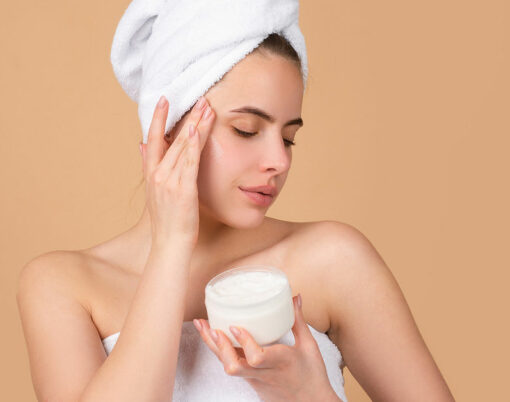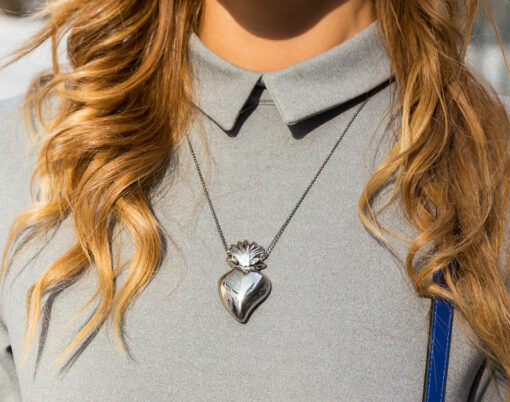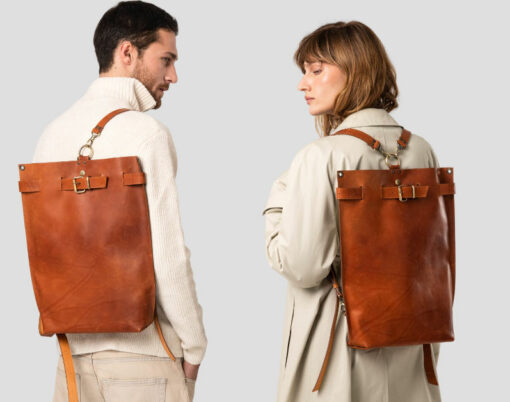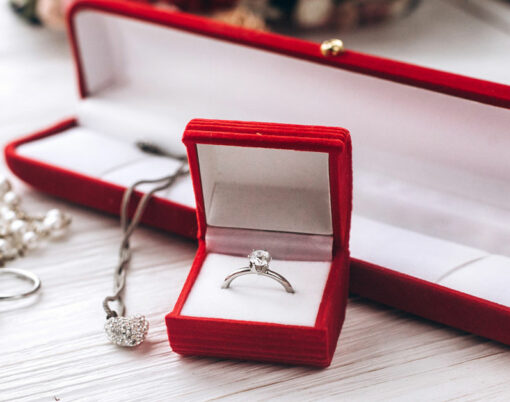Winter is here and we must all make sure our skin is prepared for the extreme cold. Dry skin, flaky skin, rough, cracked, itchy skin. The skincare industry has a lot of opportunities to provide its customers with useful information and products as the temperatures drop.
The specialist wet wipe and cream sachet manufacturer, Guardpack holds around 30 formulas, approved under the UK Cosmetic Regulation, which are frequently utilised by their clients in the cosmetics. As such, managing director Jeremy Freedman has an immense understanding of exactly what makes for an excellent winter skincare product and has taken the time to provide his professional insight below.
Why does my skin suffer in the winter?
Winter’s low temperature can cause a variety of skin issues that need to be combatted with the right skincare products. The cold air and harsh winds of the outdoors, instantly swapped for dry heat as we step inside (and vice versa), all combined with low humidity will sap a great deal of moisture from your skin. This can cause redness, itchiness, flakiness and cracks on your skin – basically all the skin issues you probably associate with the colder months.
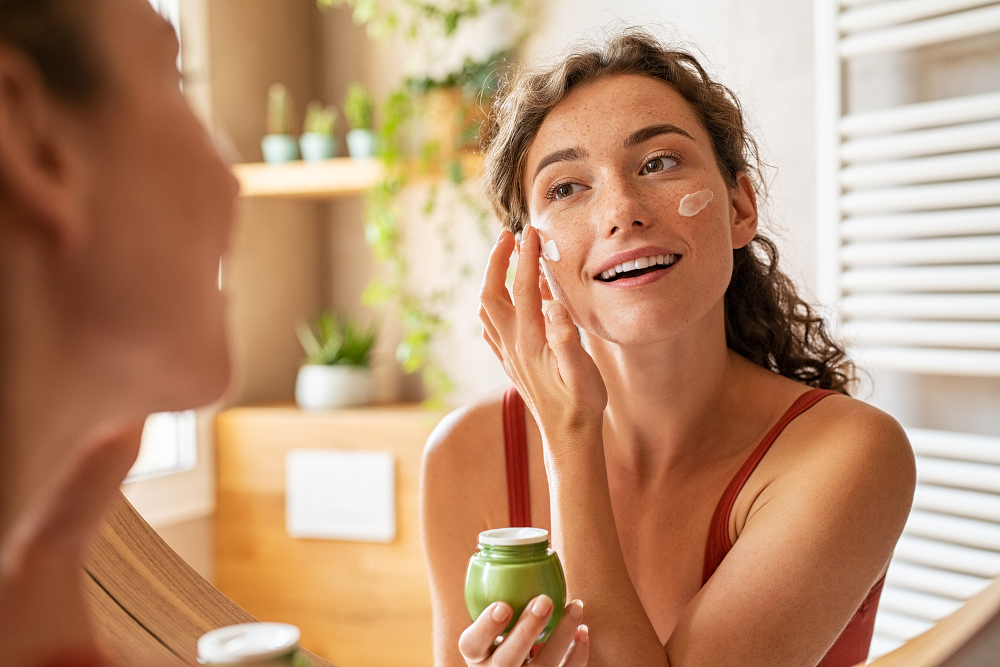
What kind of products should I use to prevent dry skin?
Moisturiser
The skincare staple, moisturiser, is a product that should thrive in the winter. This year in particular, we can expect to see an increased need for moisturiser as we’re washing our hands more. It goes without saying that washing your skin is incredibly important, especially during a pandemic, but unfortunately, the soap and water can’t distinguish between the germs and your skin’s natural, healthy oils. Moisturiser should be applied every time you wash your skin, rather than only during your skincare routine.
I strongly recommend that you keep your moisturiser of choice next to your sinks at home, purely for convenience and as it’s right in front of you, you’re unlikely to forget. A portable solution is important too, of course. Here, a smaller bottle, or even moisturiser sachets, that can comfortably fit in a bag or coat pocket is ideal to ensure you can easily replenish your skin’s moisture on the go.
Emollients and occlusives
Emollients are also great for adding moisture to your skin. It’s most commonly used for overnight skincare on the face, so you won’t need to worry so much about the portability. Essentially, emollients function as a heavy moisturiser. Naturally, this takes longer to be absorbed by your skin, but is ultimately a lot more effective. Should you wish to use emollients on other parts of your body, aside from your face, you might find it useful to cover up the creamed areas to ensure it doesn’t completely rub off on your bedsheets before your skin has the chance to absorb it.
If emollients don’t seem to be doing the trick, perhaps give occlusives a go. This includes such things as cocoa butter and shea butter, which are excellent at creating a barrier that helps your skin to retain as much moisture as possible.
Exfoliants
You may also like to consider using gentle exfoliants, or perhaps switching from your current harsh exfoliant to a gentler option. Exfoliation is certainly an effective way of removing dead skin and helping your skin to glow, but it can be quite harmful in the winter, when your skin may already be tender or damaged. Opting for a softer, chemical exfoliant is ideal in the colder months and prevents you from accidentally scrubbing off your skin.
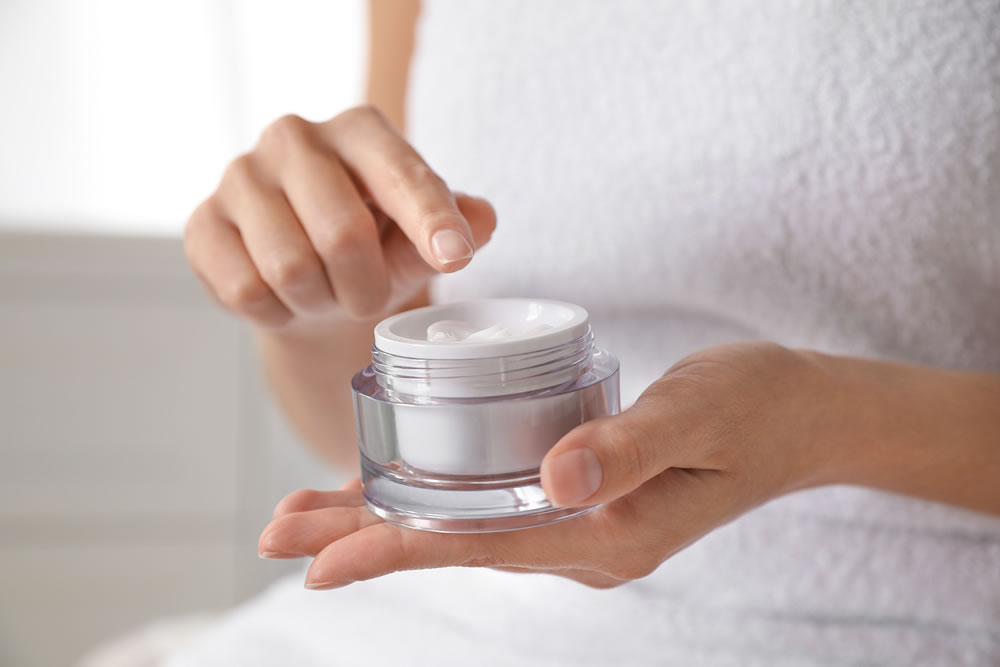
What kind of products should I use to protect my skin?
Something often forgotten, or in many cases, not even known to begin with, is that the sun can still be very harmful to your skin in the wintertime, despite the cold weather. UVA rays are not only harmful to your skin but can also cause problems with your skin’s moisture barrier, which is essential to ensuring your skin remains hydrated and healthy.
As strange as it may sound, I highly recommend applying sun cream after using moisturiser. This will really help to lock the moisture in whilst protecting you from harmful UV rays. Also, despite how odd combining sun cream and snow may sound, the reflections off the snow will increase the number of rays hitting your skin, making sun cream even more important. Where possible, aim for sun cream that offers protection for both UVA and UVB rays to SPF 25.
Skincare is important all year round but the harsh weather of winter brings with it some specific challenges that need to be understood before they can be remedied. Make sure to stay aware of how the cold weather affects your skin and identify the products that offer the perfect solution. As your body’s largest, and only visible, organ, your skin deserves to be treated with love and respect all year round.

















